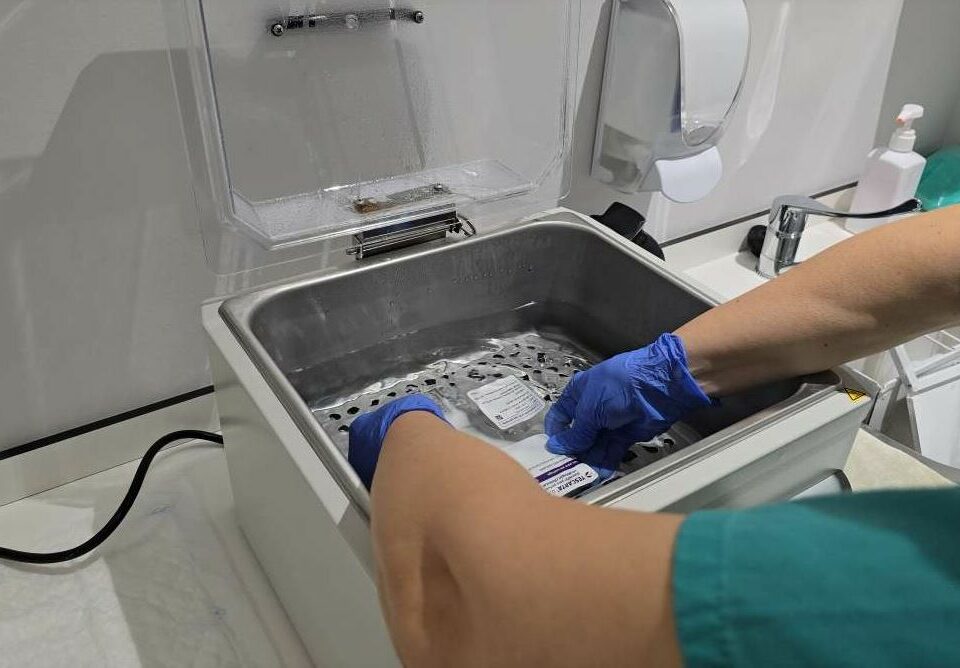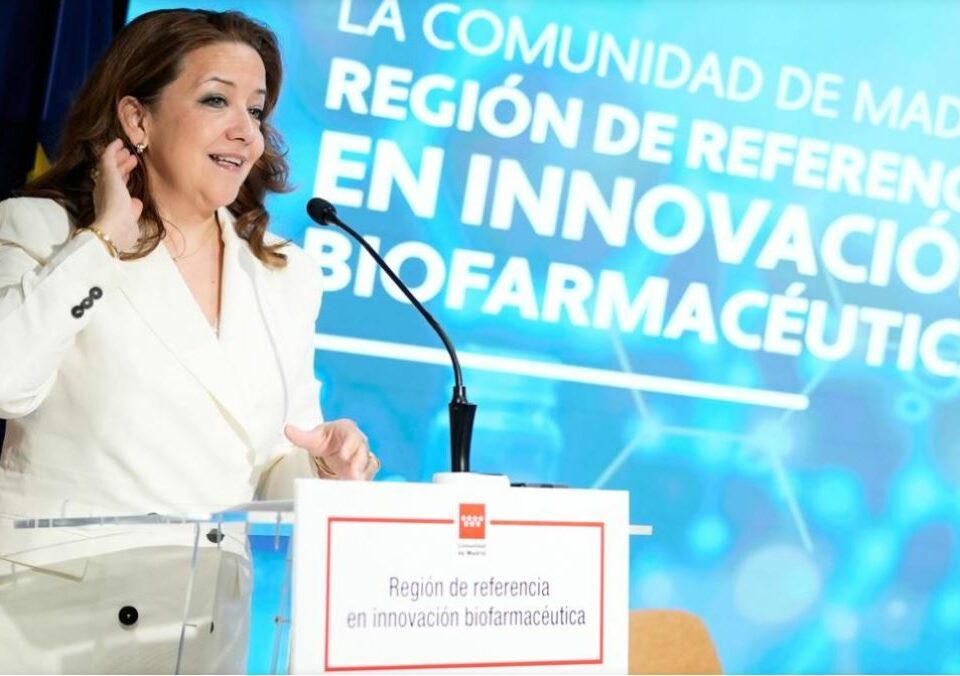More than 120 molecules in Alzheimer’s research, the great hope for patients, families and society

The vast majority of them are aimed at modifying the course of the disease, according to an Iqvia report on the future of R&D.
In Spain alone there are already more than 800,000 people suffering from the most common form of dementia.
Tomorrow, 21 September, is World Alzheimer’s Day, which the Spanish patients’ confederation Ceafa has dedicated this year to innovation.
Farmaindustria.es
Failure is an inherent part of scientific research. Even if a potential new drug is unsuccessful, it can play a crucial role in understanding a disease and provide important data for the next step. This is what has happened and is happening with Alzheimer’s disease, the most common form of dementia and a relentless neurodegenerative pathology that robs people of their memories, their independence, their relationships and ultimately their lives.
The Spanish Society of Neurology (SEN) estimates that in Spain alone there are already more than 800,000 people suffering from this disease. With a prevalence of between 5 and 10% among people around 65 years of age, it doubles every 5 years to reach a prevalence of 25-50% in the population over 85 years of age, as age is one of the main risk factors for this disease. For this reason, and due to the ageing of the population, its incidence continues to increase: in 2050 it is estimated that there will be more than 115 million people suffering from this disease, explain the SEN. It is also the seventh leading cause of death and one of the main causes of disability among older people worldwide.
Alzheimer’s disease is a progressive degenerative disease that develops over decades and often causes changes in people’s brains long before cognitive symptoms begin. However, it is very difficult to diagnose early enough, when there is a greater likelihood of benefiting from treatments that might be more helpful or participating in clinical trials. There are still challenges in understanding the disease (i.e. the correlation between neuropathological changes and cognitive symptoms) and in the way the disease is addressed in clinical practice and perceived by society.
This makes it difficult to develop drugs that can slow progression at this critical early stage. But intervening early, before the severity of the disease affects daily life, could have enormous benefits for patients, their families and society at large. This is where the pharmaceutical industry is engaged.
According to the Global Trends in R&D 2023 report, prepared by the specialist consultancy Iqvia and published last February, of the 699 molecules under investigation in the neurological area, a large proportion are dedicated to Alzheimer’s disease, with 127 products (followed by Parkinson’s, with 96). And while the therapeutic arsenal for Alzheimer’s so far “focuses on symptom management – with recent exceptions including aducanumab and lecanemab – the majority of investigational products modify the course of the disease,” the report says.

To mark World Alzheimer’s Day, celebrated every 21 September, the International Federation of the Pharmaceutical Industry (Ifpma) has launched a campaign to highlight the value of perseverance in research. While 99% of research has failed over the past 25 years, promising therapies are coming through in recent years (#AlwaysInnovating).
Doctors’ and patients’ hopes for new drugs
“Everything points to the fact that in the near future the first drugs capable of partially slowing the progression of Alzheimer’s disease could be available. And this will mean not only the need to diagnose the disease in its early stages, but also to adapt healthcare systems so that all patients who can benefit from them receive them,” said Raquel Sánchez del Valle, coordinator of the SEN Behaviour and Dementias Study Group.
“The scientific community is increasingly focused on trying to tackle the disease from its earliest stages. The good news is that after 20 years without pharmacological novelties in this field, positive results are finally being published. Although these are probably not the definitive drugs and only a minority of current patients can benefit from their effect, they are opening the door to new generations of more effective, safer and easier-to-administer drugs that, we hope, will change the landscape of the disease,” admits the specialist. “For this reason, we stress the need to start reorganising and resourcing healthcare for Alzheimer’s disease in order to promote early diagnosis and access to potential new treatments,” she concludes.

Research is undoubtedly the great hope of patients, their families and society in general, as the Spanish Alzheimer’s Confederation (Ceafa), which has dedicated its entire campaign to it on this World Alzheimer’s Day, reminds us. Under the slogan Integrating innovation, patients propose 12 areas in which to innovate, such as pharmacological and non-pharmacological therapies, social awareness, synergies with third parties, training or integration of technologies.
Until such advances are made, experts recommend above all prevention, which can only be achieved through the development of healthy lifestyle habits, including controlling blood pressure, weight and sugar; following a Mediterranean diet; physical exercise; maintaining an active social life, and a friendly environment, among others.






